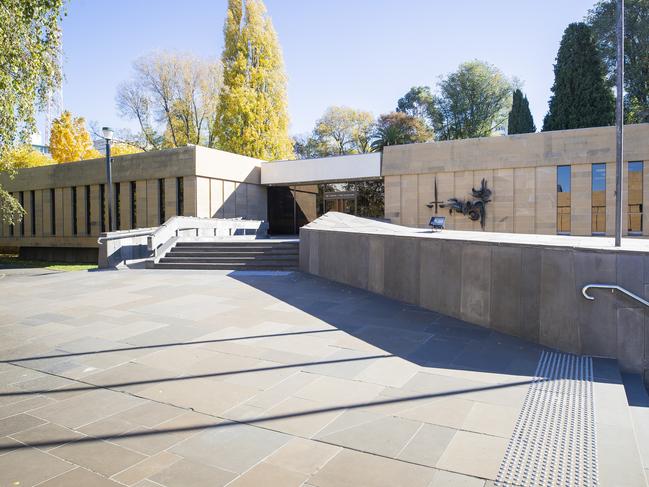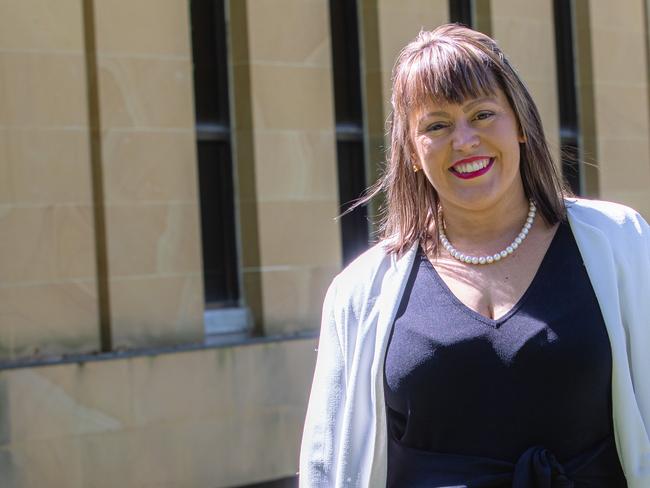Productivity Commission shows Tasmanian Supreme Court backlog
The Law Society says the state is in the grip of a defence lawyer shortage, with no end in sight for the pressure on the backlog of court cases.

Tasmania
Don't miss out on the headlines from Tasmania. Followed categories will be added to My News.
DISINTEREST in criminal work among up-and-coming Tasmanian lawyers has been flagged amid figures showing more than half of Supreme Court cases are pending for over a year.
Data from the Productivity Commission on the performance of the nation’s courts shows the Tasmanian Supreme Court had a backlog of 664 cases in 2021/22.
The figure was second to Queensland which had a backlog of 1050 cases.
Tasmania had by far the largest pending caseload greater than 12 months, with 353 cases.
Queensland was second with 205.
The number of Tasmanian cases pending for more than two years was 126.
The next highest was the Northern Territory with 68.
In recent years state government has introduced legislative changes and employed an extra judge in an effort of address the backlog.
However the number of cases pending for more than one or two years has continued to increase.

Law Society of Tasmania president Amanda Thompson said the court backlog was a complicated issue.
“We regularly meet with Justice, the Chief Justice, Attorney General and other stakeholders to discuss the issue. There is no number one reason for the backlog. One of the issues I have been quite vocal on is the shortage of criminal law practitioners, especially defence practitioners,” Ms Thompson said.
Ms Thompson said the Law Society offered a rebate on practising certificates for private practitioners who performed more than 50 per cent criminal work.
“Fourteen practitioners claimed the rebate and certified they spent 50 per or more of their time in practice in criminal law. It doesn’t include the separate bar or Legal Aid. That is out of about 570 practitioners in firms or two and a half per cent of lawyers in private practice.
“There is a shortage of criminal lawyers state wide and especially in the regions. The reason is difficult to identify. Anecdotally it is becoming less profitable for firms to do legal aid and other criminal work. It is also very difficult to do a criminal practice and run other areas such as a civil practice. But generally speaking there seems to be far less younger lawyers interested in crime.”
Ms Thompson said other complications included clashes in listing times between the Supreme and Magistrates courts.


